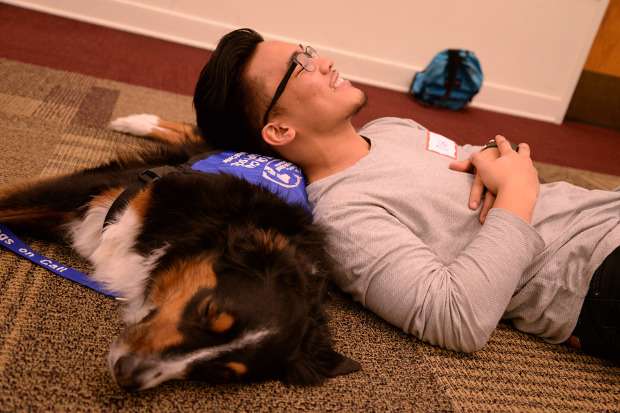 Student athlete. There is a lot of responsibility within those two simple words, and it can be hard to balance it all.
Student athlete. There is a lot of responsibility within those two simple words, and it can be hard to balance it all.
All student athletes have a full class load, spending a good portion of their day in the classroom. Then there is practice, games, or team workouts followed by homework and studying. That is a full day all by itself, and that does not include going to the dining hall or spending time with friends.
Incorporating all of these activities into each week can be hard, yet rewarding when you look back on your college years.
You may be thinking, how do you accomplish all of this?
Time management is the most important skill that any student can possess, but, for student athletes, it is the key to success.
Establish what you have going on during the week. Putting each activity on a calendar or in a planer is the best way to keep yourself organized.
Start with activities that are at a specific time such as classes, practices, games, or team workouts, etc. These are times that you are already committed to doing something; therefore, anything added after has to work around these events.
After your time-specific activities, add in homework due dates and any quizzes or tests for the week. By doing this, you will have a visual of what you have to accomplish throughout the week. From there, you can easily find the times that are available for either doing homework or studying.
Once you have an idea of when you can get all your work done, it will be clear as to when you have free time to go and support other student athletes, participate in campus activities, or hang out with friends.
We have all heard someone say that as a student athlete you are a student before you are an athlete. This is true since you have to maintain certain grades in order to participate in sports at the colligate level. If this is something that you find yourself struggling with, there are several ways to get yourself on track.
Talk to your teammates. Chances are, one of your teammates has taken the class you need help in and would be more than willing to assist you. For some students, they feel more comfortable talking to a teammate that they know well as opposed to a tutor. If they are a good teammate, they will find a way to help you succeed.
The Academic Support Center is also a great place to get help or to study. Just about every course has a tutor who can be found through the Academic Support Center. The tutors are eager to help students. Going in with a positive attitude will increase your chances of gaining knowledge from the session, so make the most of it!
Get together with a group of classmates. Together, you will help clarify any missing information or get different explanations, which may increase your understanding of the material.
Meet with your teacher or coach. They can help you come up with a plan to improve your academic success.
Learn from your experiences. If you do poorly on a test, use that to gauge what you have not grasped fully and find a way to learn the material. The points made above will help you with this. Maybe you need to start studying sooner or find a new way of studying.
Balancing all of the activities that you have going on can be difficult, but there are ways to ensure that you accomplish it all. When you look back on your college experience, you will feel proud of your performance in the classroom and on the field. Just remember to keep yourself organized and use the resources available to you.
-Makenna Thorne is a sophomore majoring in Business Marketing at Castleton University. An outfielder for Castleton’s Women’s Softball, she also finds time to work in the Academic Support Center’s Writing Clinic.








